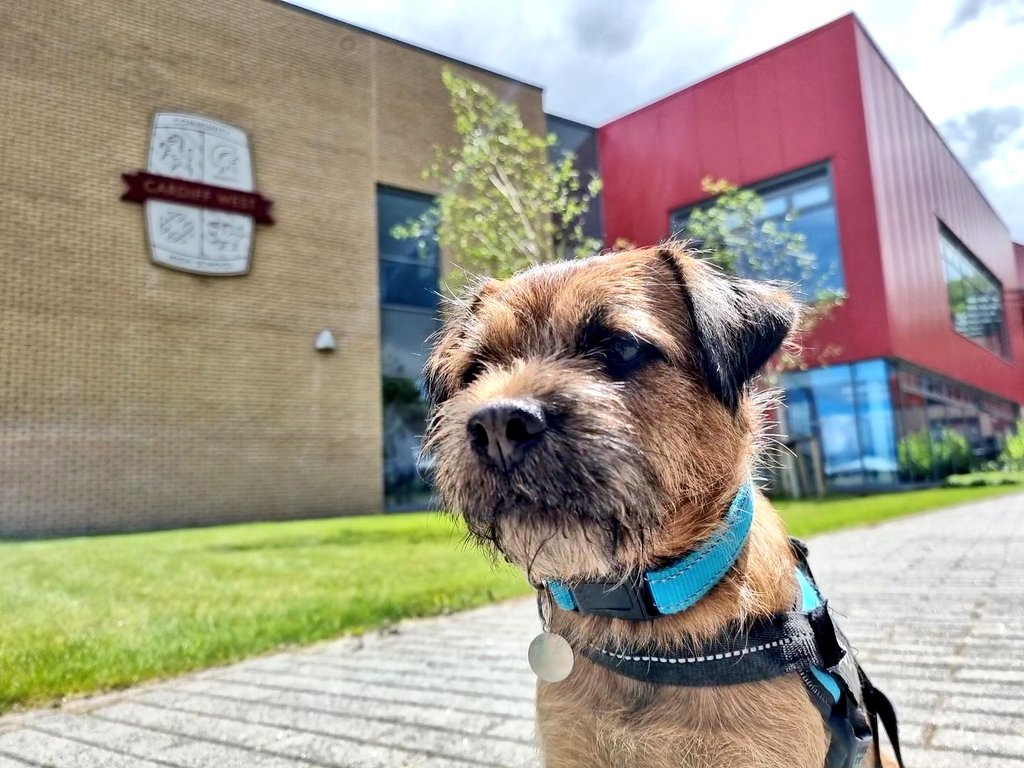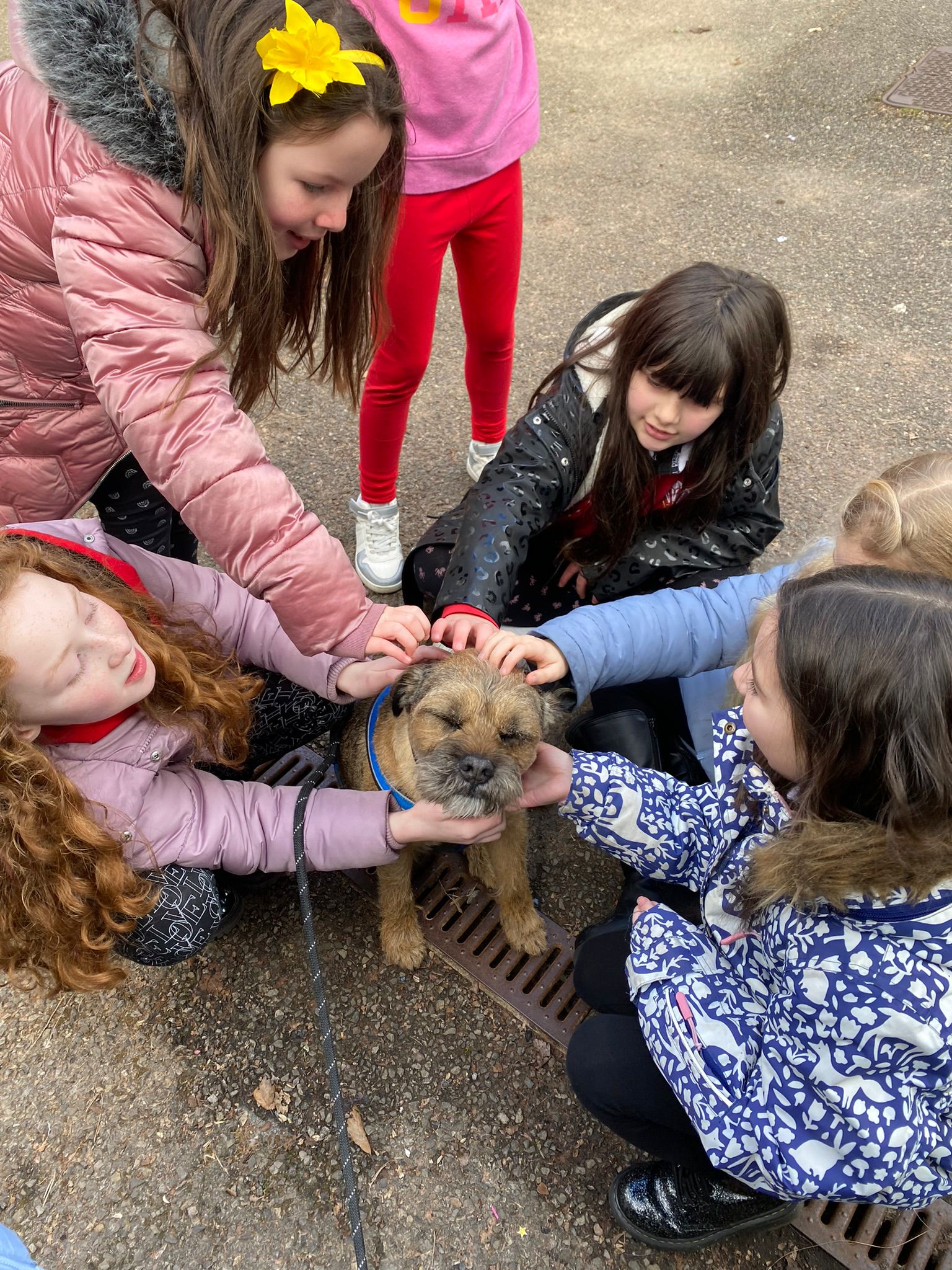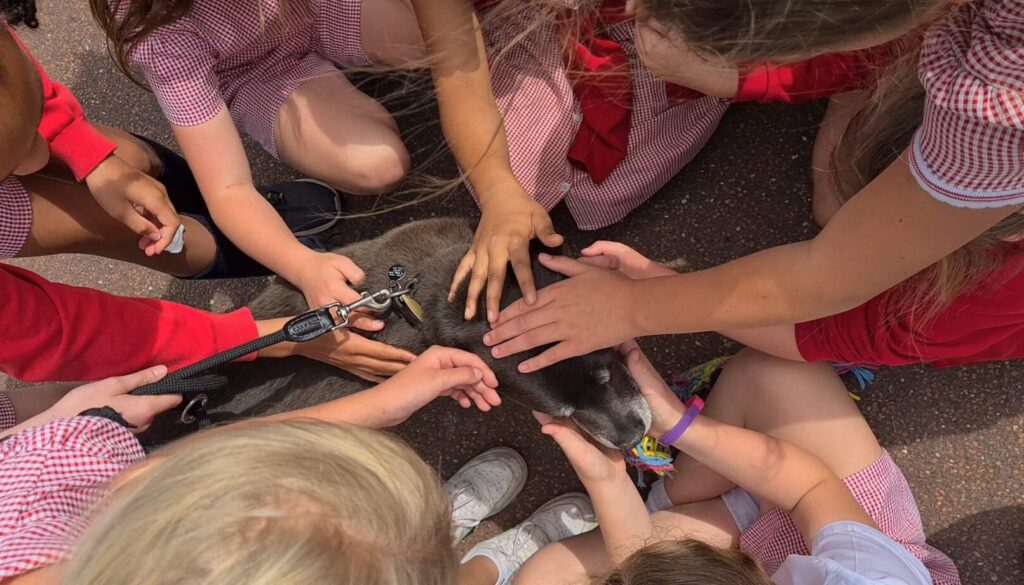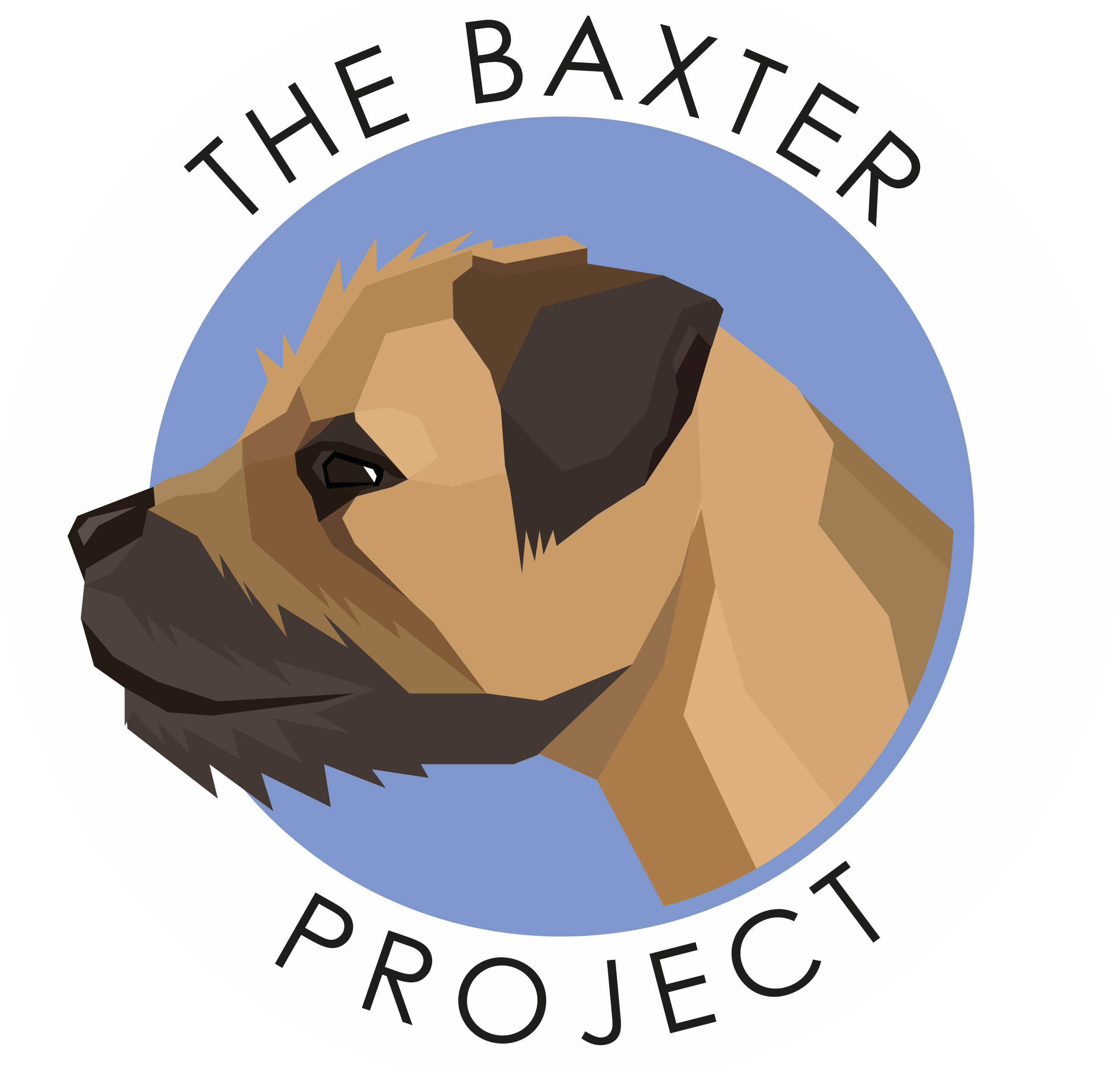About Us
Our Value
Empowering children to succeed in life and reach their goals.
What started off as a provision aimed at reducing young person entry into the Criminal Justice System, has since become one of the most unique and successful specialist wellbeing initatives in the sector.
To make a difference to the lives of every young person that we support. Whether it be to help them discover their inner strength, resilience, and potential, empower them to lead fulfilling and purposeful lives, or simply improve someones day. Every interaction is an intervention.
To set the standard of trauma recovery based wellbeing initiatives. To provide early support for vulnerable and challenging young people nationwide. To engage young people who don't respond to traditional wellbeing initiatives.

Who we are
Building a brighter future for children, one step at a time.
Our founder, Dave, is a criminologist with extensive experience working in the probation and youth offending services. During his time at the Youth Offending Services (YOS), he directly witnessed the growing number of children entering the Criminal Justice System (CJS). This firsthand exposure prompted him to develop a proactive early intervention approach that would truly be effective. Recognising that successful outcomes hinge on quality engagement, his aim was to craft a programme that resonates with young individuals – thus, The Baxter Project was born.
Although The Baxter Project’s original aim was to mitigate the lasting effects of Adverse Childhood Experiences (ACEs) and divert young people from the path towards the CJS, it wasn’t long before we realised that the methods and theories we’ve adopted can provide valuable support to young people grappling with a wide range of challenges and difficulties. Our focus on maximising positive engagement has proven highly successful, even among those who were previously disengaged.
We are breaking the mould of traditional wellbeing interventions…. we are setting the standard.


Some key theory
The foundation of our approach is based on the TRM, which places a primary emphasis on relational development. According to this fundamental principle, only after a positive connection is formed can an individual effectively engage in self-reflection and pursue positive change.
A major influencer is PACE and its approach that Playfulness, Acceptance, Curiosity and Empathy are crucial to aid in the building of positive relationships and a sense of safety. It encourages the building of an emotional connection before engaging the problem solving area of the brain.
MI promotes talking and guiding people towards positive change. It's about understanding someone's thoughts and feelings regarding change, and working together to boost their own motivation for making those changes.
Desistance theory explores the process of moving away from anti-social to pro-social attitudes and behaviours. Acknowledging that many young people tend to become more pro-social with maturity. Desistance recognises and emphasises factors that promote this positive change.
Why use Canine Companions?
Maximise Engagment!
We have a plethora of techniques and strategies to maximise engagement but the most obvious is the presence of our four legged friends.
The Baxter Project is named after our founding wellbeing dog and it is the innate relationship between children and animals that we harness to promote positive change.
Our wellbeing dogs are often mistaken for therapy dogs, they are not, The Baxter Project is an animal assisted therapeutic intervention, the dogs do take all the credit but it’s our practitioners that do all the work 😊
Our dogs are naturally therapeutic and of course behaviour assessed, but their primary role is to lower defences and bridge communication. They are one of many tools we adopt to boost engagement levels.
They also have the added side effect of putting smiles on the faces of everyone they encounter in school.


Our Core Values
Trauma sensitive and compassionate care during contacts. The creation of spaces where participants and colleagues feel emotionally, and physically safe as well as an awareness of any potential discomfort or unease.
Building of relationships based on clarity and consistency, honest programme delivery with appropriate boundaries and mutual recognition of confidentiality and safeguarding procedures.
Develop an understanding of past and present experiences and learn coping strategies for the future maintenance. Build educational wellbeing, nurturing positive attitudes towards education and positive relationships with peers. Similarly, the provision of ongoing training and development for colleagues.
Relationships are built on mutual respect. Valuing differences and allowing others to express themselves, display consideration and helpfulness, work in collaboration, building partnerships to achieve shared goals.
Ongoing support to both colleagues and young people. Quality of life is enhanced when people feel supported.
For More Information
Need More help?
Helping children find their voice and build healthy relationships.
Our sessions are fun but with purpose, and the young people we work with enjoy what we do and feel special and invested in, simply because they have been selected to engage. This foundation of positive relationships and positive engagement facilitate positive change, and the successes that have followed have lead to a dramatic increase in demand. What was once simply one man and his dog trying to promote and untried, untested, theoretical approach, has now become an evidence based provision that has expanded all across South Wales.
Our ability to successfully engage with young people with a wide range of backgrounds, abilities, and needs is indicative that our techniques work. We pride ourselves on engaging the disengaged, we are seeing positive therapeutic outcomes and positive change in every school we support.

What we are doing is amazing
But every school has children who can benefit from our support, we are a relatively new organisation and despite our success record we are relatively unknown. Please share our page with anyone you know who works with children and young people, we could be the solution they have been looking for.
What we are doing is amazing
Some of our
Most Popular Questions
Please see our list of FAQ’s. If you have any further questions please do not hesitate to contact us and we can provide you with the information you are looking for.
A: The Baxter Project's early intervention is unique because it utilises friendly, behavior-assessed dogs alongside highly trained practitioners to create a supportive environment that fosters communication, trust, and personal growth in vulnerable young people.
A: Our highly trained practitioners employ evidence-based techniques such as the trauma recovery model, disistance theory, and motivational interviewing. These approaches are personalised to address each young person's unique challenges and facilitate their growth and development.
A: Early intervention helps young people by addressing challenges at an early stage, preventing issues from escalating and leading to more positive long-term outcomes.
By engaging in early intervention with identified young people, The Baxter Project creates a supportive environment that fosters resilience, personal growth, and improved wellbeing, empowering young people to overcome challenges, build trust, and develop essential coping skills.
A: The friendly, behavior-assessed dogs act as bridges, facilitating communication and trust-building between young people and our practitioners. Their presence creates a safe and supportive environment for effective interactions and is the initial step for promoting positive engagement.
A: We work directly with schools to identify and support their most challenging and vulnerable pupils, or those who just need a little bit of extra support. By collaborating closely, we ensure our support targets those who need it most.
A: We utilise a wellbeing assessment tool and gather feedback from young people throughout their engagement with us. This data-driven approach allows us to measure the effectiveness of our interventions and make data-informed decisions for continuous improvement.
A: The Baxter Project understands that there is high demand for our support and we strive to engage as many learners as possible, that being said we dont want to terminate engagement prematurely. We provide reports with recommendations, be it continue with our provision or try to self-manage, the latter being a primary aim of our provision. That being said, we will continue to offer a safety net for pupils if they ever require further support in the future.
A: Unfortunately, due to the use of dogs in our approach, we cannot work with young people who have allergies or phobias related to dogs.
A: The Baxter Project works with both primary and secondary pupils, ensuring that the intervention reaches young people during their formative years to maximise its impact.
We do find that engagement with young people Y5 and above are more responsive to our techniques. Our four legged friends are present in part to distract from the formality of a session, however the younger the participant, the more distracting they become. This is by no means a deal-breaker, as we work with several younger learners where the need has been identified at a younger age. The expeirience is positive irrespective of age, however we are more effective as a provision when young people have the emotional understanding to identify areas of concern, reflect on their own attitudes and ultimately implement any positive change.
A: We can work with any organisation or families interested in accessing our provision, not just schools. If you work with young poeple who you think could benefit from our unique provision, please contact us via the ticket system on this site and we will be more than happy to discuss how we can collaborate and support young people in need.
